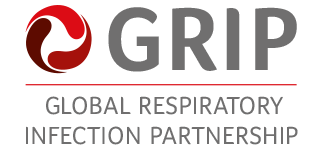Background
Background
Introduction
Chair of the meeting, Prof. Oxford gave an engaging and insightful introduction to the on-going challenges around antibiotic stewardship across the globe. “Everyone can think of examples in almost every country of the world where antibiotics are prescribed, purchased or used inappropriately,” he said.
“This is an international problem, affecting the scientific community, healthcare professionals and the public at large. Part of the problem is the wide availability of antibiotics worldwide—usually via a prescription from a physician, but also over-the-counter in pharmacies or over the internet. Such availability is in part fuelling the misuse of antibiotics and unless we control or restrict access, resistance rates are destined to continue to rise.”
Discussing the seasonal cycle of use of antibiotics across Europe, Prof. Oxford identified higher rates of antibiotic prescriptions during the winter months compared to the summer months. “The only likely explanation seems to be linked to the yearly viral movement,” he said. “This Prof. Oxford reminded participants of the ‘chance’ discovery of penicillin. “The miracle discovery of penicillin has allowed better medical care for the last 70 years,” he said. Now however, resistance is a real threat to the future of antimicrobial use and the age of antibiotics may end as abruptly as it began2 and medical care may be challenged as a result.3
Looking to the future Prof. Oxford said new opportunities for antimicrobial development may exist in taxa yet to be investigated—providing hope for the future. A new article published in Nature states that the majority of prokaryotes have not been researched, as they are hard to cultivate. Marine sponges carry many of these bacteria and have an important role in drug discovery, providing a unique opportunity to discover more about these uncultivated bacteria. While this provides some hope for new medicines, there is no certainty in this area of research and no room for complacency.4
strongly suggests inappropriate use/prescribing antibiotics for viral disease.”1
“Studies of the new taxa and their interactions in metabolic pathways may provide new opportunities for the antimicrobial agent pipeline” Prof. Oxford
